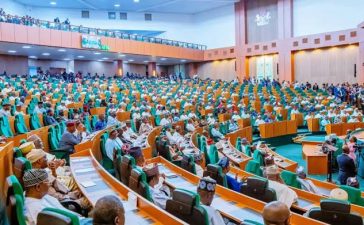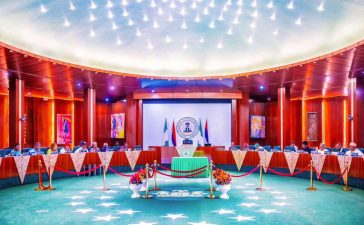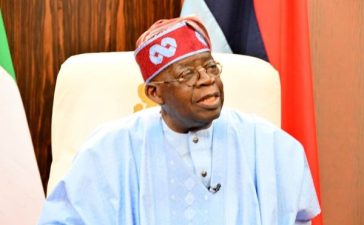In a significant move towards advancing its electrification initiatives, the federal government, through the Rural Electrification Agency (REA), inaugurated an Energy Management System (EMS) control centre capable of hosting all mini-grids across the country. The official launch of the project took place at the REA’s corporate headquarters in Abuja, marking a milestone in the nation’s efforts to enhance its energy infrastructure.
The REA also announced plans to conduct the groundbreaking ceremony for a 900kWp solar mini grid in Rubochi, Kuje council, and a 100kWp mini grid at Ikwa Ward, Gwagwalada. These developments are part of the phase I of the Korean Energy Project (KEP), reflecting the government’s commitment to expanding access to electricity in underserved areas.
Describing the initiative as a significant achievement, the REA highlighted its dedication to fostering bilateral cooperation with foreign development partners. The Korean Institute for Advancement of Technology (KIAT) and its Korean implementing consortium partners, including Iljin Electric, S&D Powernics, Korea Smart Grid Association, and Technology University of Korea, have played crucial roles in the realization of this project.
The overarching goal of the Korean Energy Project is to establish an integrated energy management system capable of hosting all mini-grids in Nigeria. Additionally, the project includes the deployment of four standalone mini-grids with a combined capacity of 1.6 MWp and 3.0 MWh. These mini-grids will be strategically implemented in “unelectrified” areas around the Federal Capital Territory (FCT), contributing to the ongoing efforts to electrify and empower communities.
The launch of the EMS control centre signifies a step forward in optimizing the management and coordination of mini-grids, thereby improving the efficiency and reliability of the energy distribution system. As the ground-breaking for the solar mini grids takes place, stakeholders anticipate a positive impact on the electrification landscape, fostering economic development and improving the quality of life in the targeted regions. The collaborative efforts between the Nigerian government and its Korean partners underscore the importance of international cooperation in addressing energy challenges and promoting sustainable development.







